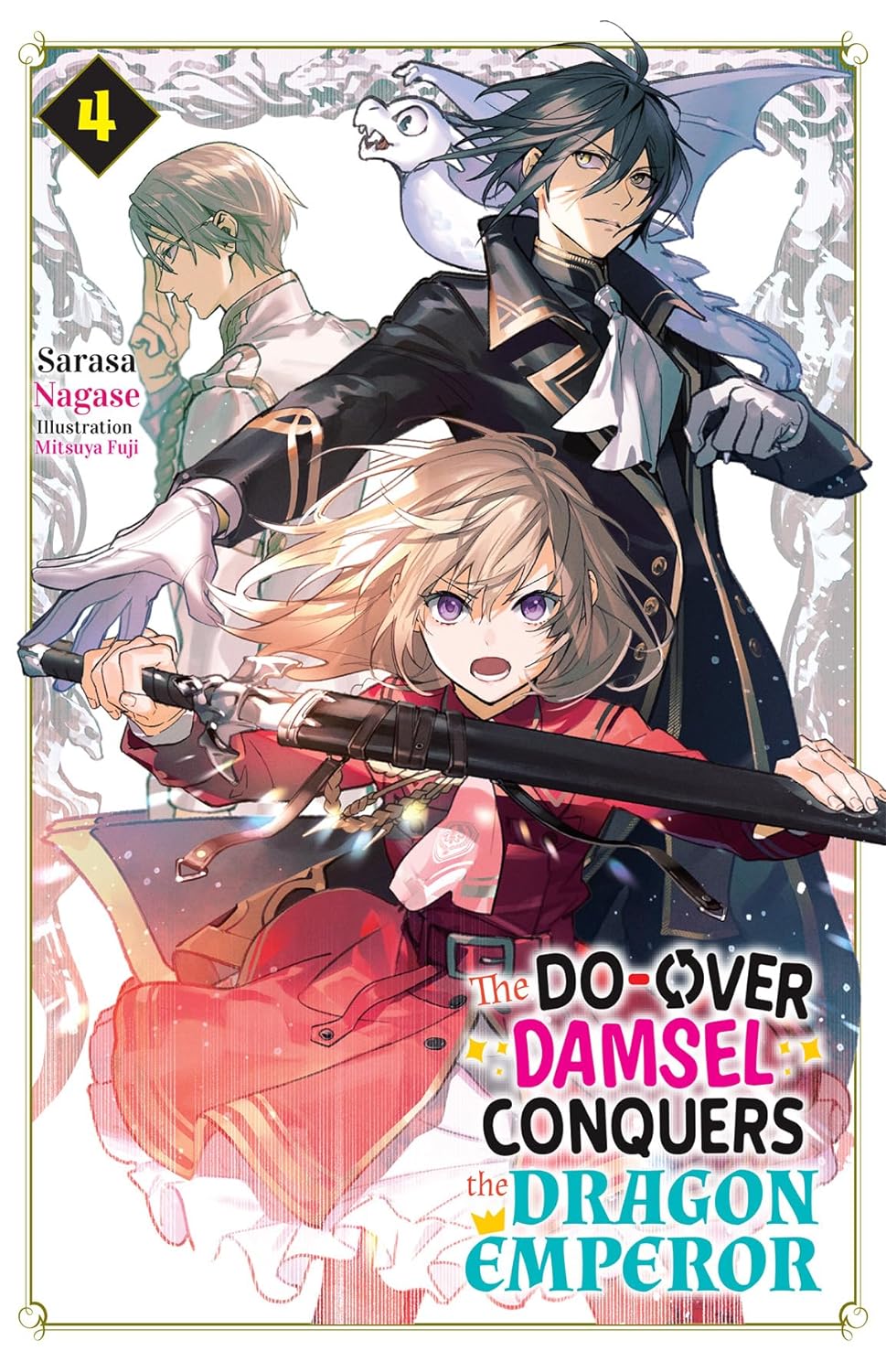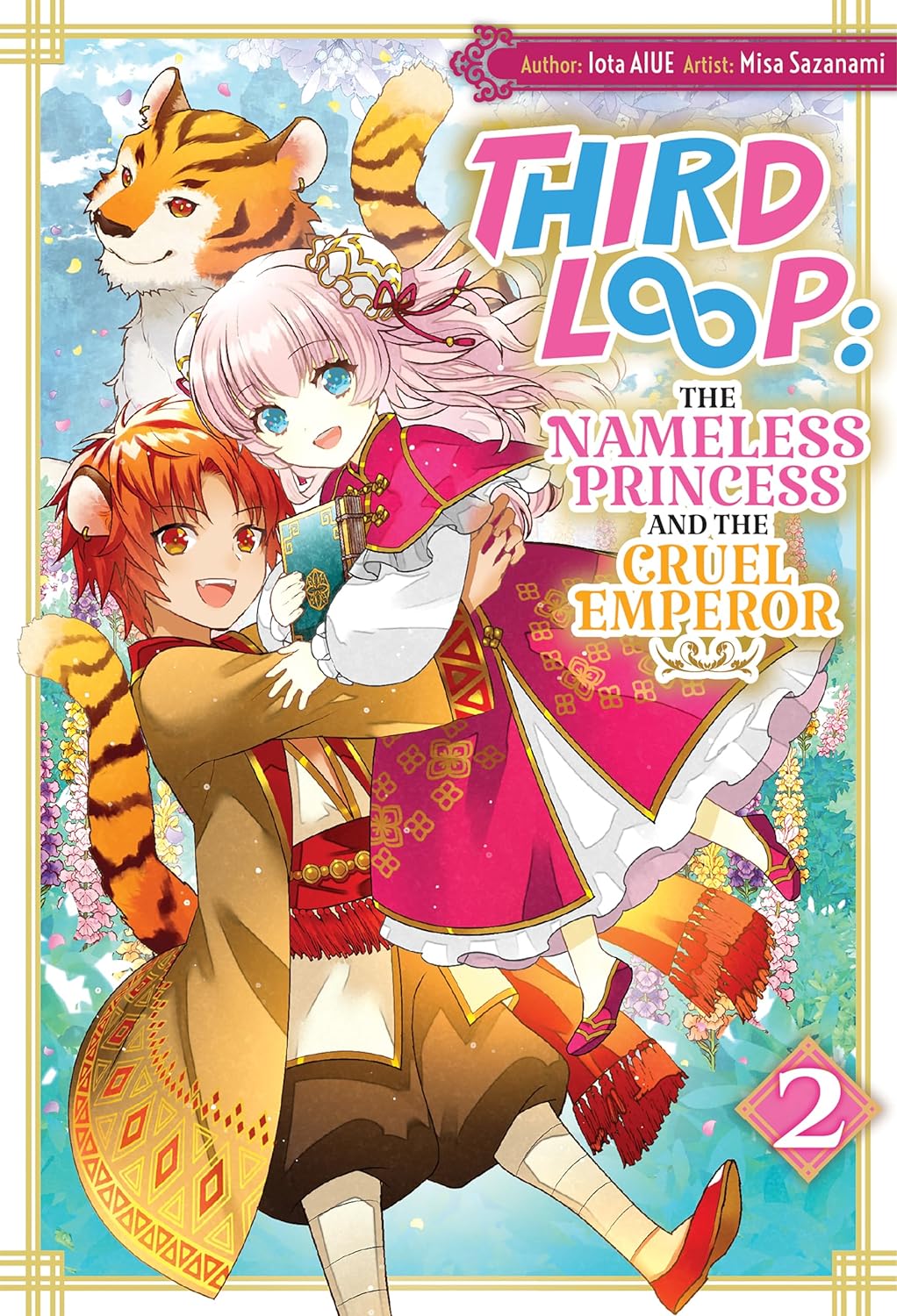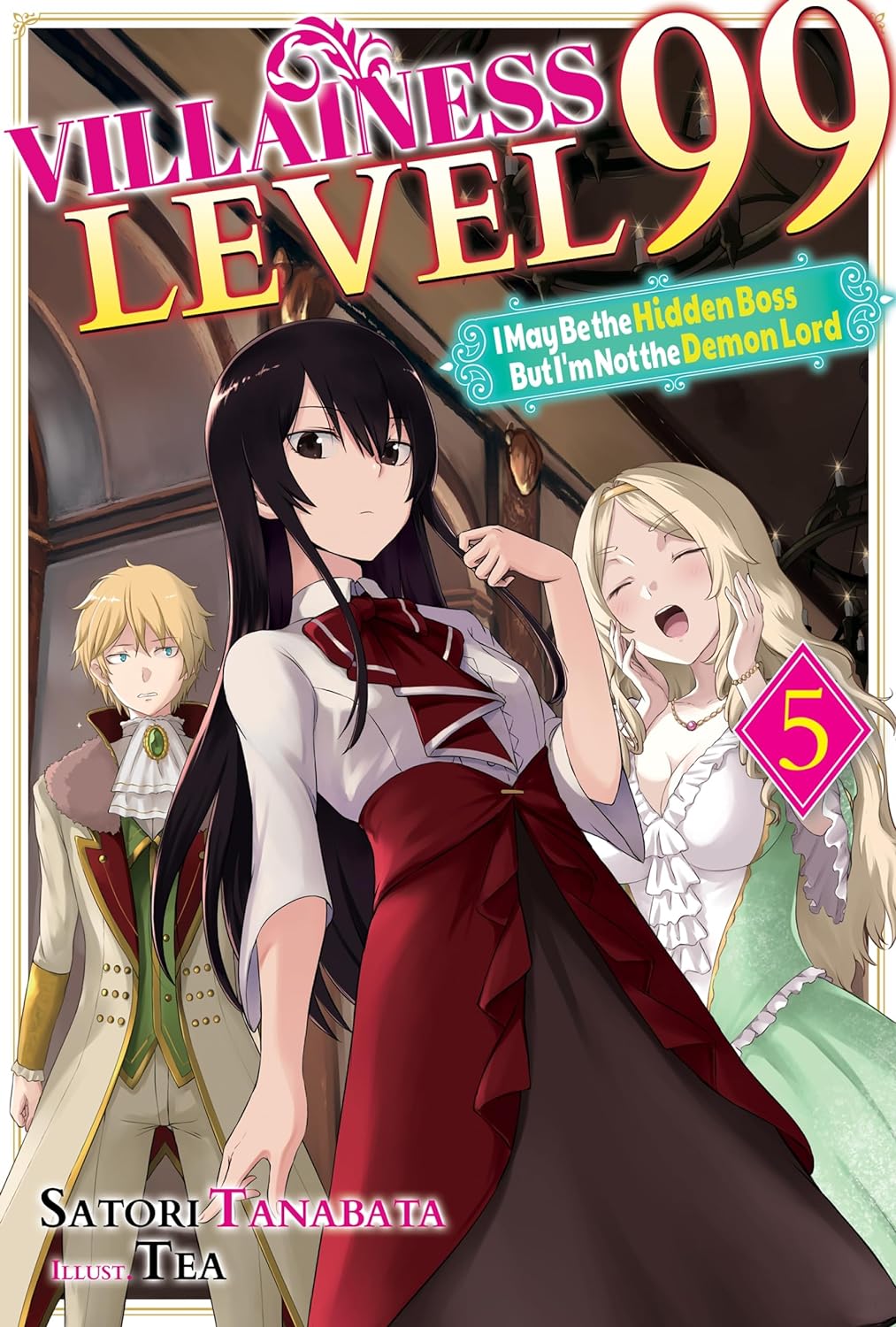By Sasara Nagase and Mitsuya Fuji. Released in Japan as “Yarinaoshi Reijō wa Ryūtei Heika o Kōryaku-chū” by Kadokawa Beans Bunko. Released in North America by Cross Infinite World. Translated by piyo.
I feel confident in saying that very few readers of this series will have gone through the same thing that Jill has. Which is good, really, because yikes, Jill once again goes through some stuff in this book. We’ve been reading the series from her perspective, and of course we know it’s a villainess-style “back in time” story, so we’re expecting a lot of fighting fate and never giving up, etc. The problem is that everyone else in the world does NOT have Jill’s perspective. And to them, this is absolute lunacy, and the Dragon Emperor is going to go mad, start a war, and destroy everything. Why on earth would they let this 11-year-old (yup, still, just assume I talked about it already) do whatever the hell she wants just because she says that the two of them are in love? Especially when that love is tested – again – and Jill is forced to once again fight for everything she’s achieved to date or else everything will be set back to the original track.
Jill and Hadis are headed off to get permission to marry from her parents, which requires essentially going through days of traps and dangerous travel because, unsurprisingly, Jill’s entire family are all as eccentric as she is. (It turns out she did the wrong test, too, because Jill is still not the brightest bulb.) Unfortunately, Jill has assumed this will mostly involve her dad saying “you can’t date my daughter, you cur!” and other wacky light novel cliches, forgetting that her family are, in fact, part of the kingdom of Kratos, and that it would be much, much easier, instead of agreeing to Jill and Hadis getting married, to start a war to get Jill away from him. Something which, to Jill’s horror, Hadis is 100% okay with.
Probably the best part of this book (aside from the ending, where Jill once again proves there’s no problem that cannot be solved by extreme violence) is how it ties back to the rest of the series. It’s paying close attention to its backstory, and has not forgotten about the other taboo subject in the series, with is Gerald and his sister starting the whole plot off with their incest. First of all, everything we’ve seen about Gerald in this new timeline makes that seems puzzling, as he just doesn’t seem the type. Then his father, who is a real piece of work, explains what’s actually going on to Natalie, who appears to be taking the role of Jill in this new timeline since Jill has abdicated. It’s not completely explained, but it’s certainly ominous, and is not helped by Faris, who appears to be about to go full evil. I also really liked the look we got at the past Dragon Consorts, and how they all tried to have a wonderful relationship with the Emperor only for it to fall apart. It weighed the tragedy and fate just right.
Assuming you kept reading past the basic premise, this is an excellent volume in the series, from an author who really knows how to make everything feel that the words “BAD END” will appear on the very next page.



